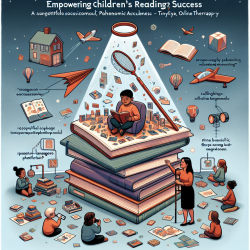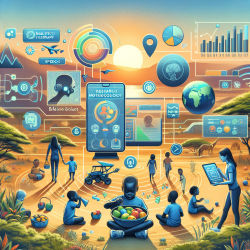In a world characterized by constant change and unforeseen disruptions, organizations must be prepared to adapt swiftly and effectively. The Readiness, Resilience, and Recovery (RRR) Tool emerges as a pivotal resource for practitioners aiming to enhance their skills in navigating such challenges. This blog explores how practitioners can leverage the outcomes of recent research on the RRR tool to improve organizational readiness and resilience.
The Importance of Readiness in Disruptive Times
Readiness is a well-established construct in implementation science, crucial for the successful adoption of new programs or innovations. The RRR Tool offers a structured approach to assess an organization's readiness amidst disruptions like COVID-19. By evaluating motivation, innovation-specific capacity, and general capacity—key components of readiness—practitioners can identify strengths and areas needing improvement.
Key Components of the RRR Tool
- Motivation: Gauges the organization's commitment to implementing innovations.
- Innovation-Specific Capacity: Assesses the necessary conditions for implementing specific innovations.
- General Capacity: Evaluates the overall ability of an organization to function effectively.
The RRR tool facilitates a comprehensive understanding of these components in light of disruptions. This understanding enables practitioners to formulate strategies for recovery and build resilience.
Practical Applications of the RRR Tool
The RRR tool has been successfully applied in various contexts, demonstrating its adaptability and effectiveness. For instance:
- Substance Abuse Treatment Services: Technical assistance providers used the tool to refine their services amidst COVID-19 disruptions.
- The Carolina Family Engagement Center: The tool was employed to monitor readiness changes over time in educational settings.
- Serve & Connect Initiative: It served as an engagement strategy to strengthen police-community relationships during pandemic-related challenges.
The tool's flexibility allows it to be tailored to different projects at various implementation stages, making it a versatile asset for practitioners across sectors.
The Path Forward: Encouraging Further Research
The RRR tool not only aids in immediate readiness assessment but also encourages generative thinking for novel solutions. Practitioners are urged to delve deeper into research on this emerging approach. Understanding how different disruptions impact readiness can lead to more robust strategies for resilience building.
The preliminary findings suggest that the RRR tool is user-friendly and effective. However, further studies are needed to validate its utility across diverse settings and disruptions. Practitioners are encouraged to explore these opportunities for enhancing their skills and contributing to the broader field of implementation science.










